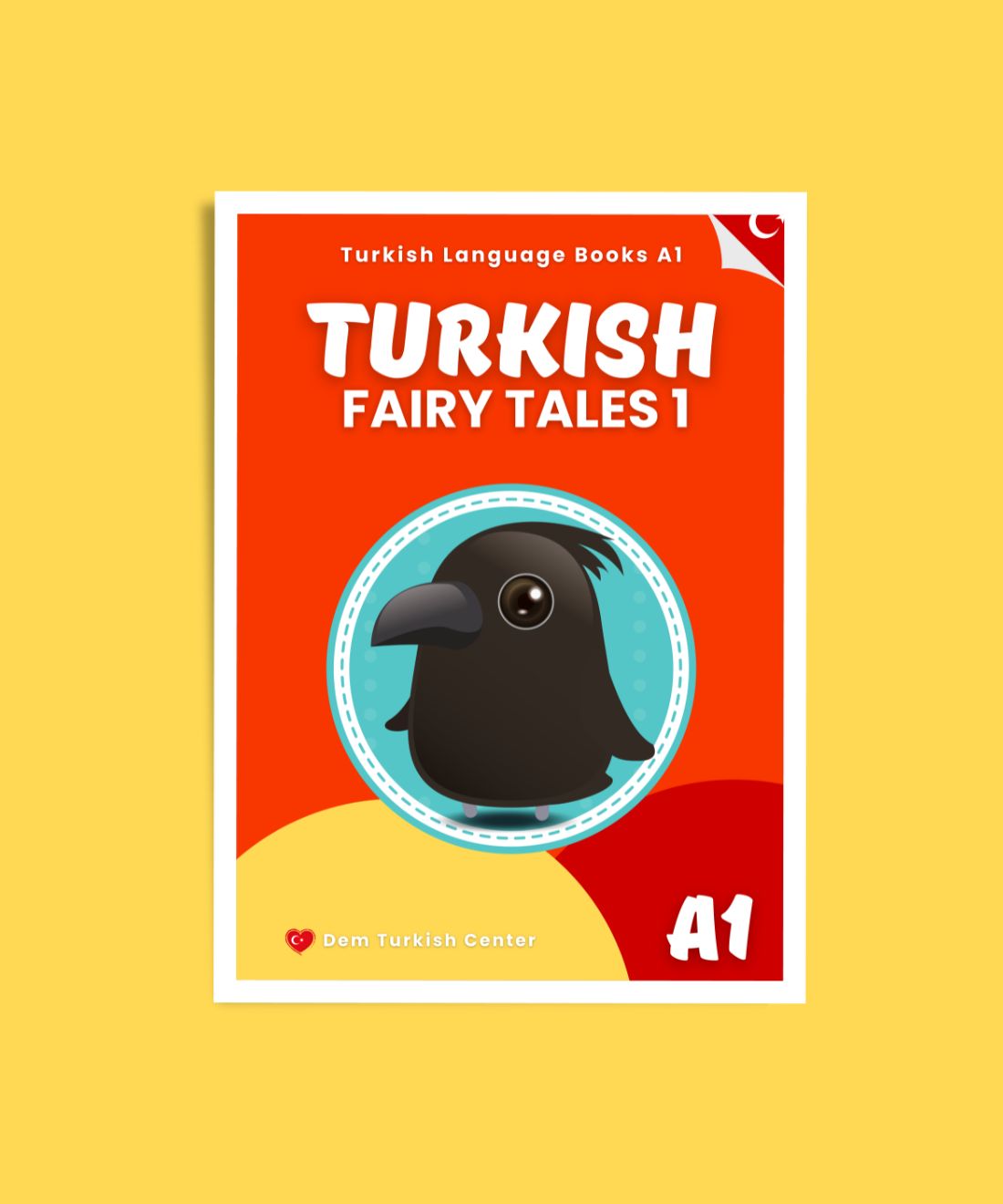
Turkish Suffixes: Ş (Reflexive Verbs)
Learn how to use the Turkish suffix "(I / U / İ / Ü) Ş"!
Verbs performed mutually or together by more than one subject at the same time are called "reflexive verbs".
TURKISH SUFFIX "Ş"
Reflexive verbs are derived by adding the suffix "-(I / U / İ / Ü) Ş" to verbs in the root or stem state. For example:
dövmek -- döv-üş-mek to beat -- to fight (to beat each other)
1. Actions Performed Reciprocally
They are actions performed simultaneously and reciprocally. For example:
Görmek (to see) görüşmek (to see each other, gt together)
Ali ve ben dün okulda görüştük. Ali and I met at school yesterday.
Anlamak (to understand) anlaşmak (to understand each other, get along with)
Eşim ve ben hemen hemen her konuda çok iyi anlaşıyoruz. My wife and I get along very well on almost everything.
Dövmek (to beat) dövüşmek (to fight)
İki adam yolda dövüşüyordu. Two men were fighting on the roadside.
Kucaklamak (to embrace, hug) kucaklaşmak (to embrace, hug each other)
Genç adam ve annesi otobüsün kapısında hasretle kucaklaştılar. The young man and his mother embraced longingly at the door of the bus.
2. Actions Performed Together
They are verbs performed by more than one subject at the same time and together. For example:
Ağlamak (to cry) ağlaşmak (to cry together)
Boğulan adamın yakınları ağlaştı. Relatives of the drowned man cried.
Bağırmak (to shout, scream) bağrışmak (to shout, scream together)
İnsanlar asansör bozulunca bağrıştı. People shouted when the elevator broke down.
Kaçmak (to escape, run away) kaçışmak (to escape together)
Deprem anında herkeş dışarı kaçıştı. At the time of the earthquake, everyone ran out.
Ötmek (birds, to sing) ötüşmek (to sing together)
Kuşlar bahçede güzel güzel uçuşup ötüşüyordu. The birds were flying and singing beautifully in the garden.
We hope that you found this short lesson about the Turkish suffix "ş" (suffix used for the reflexive verbs) useful for your Turkish studies.
Thank you very much for your interest and visiting Dem Turkish Center bookstore!














